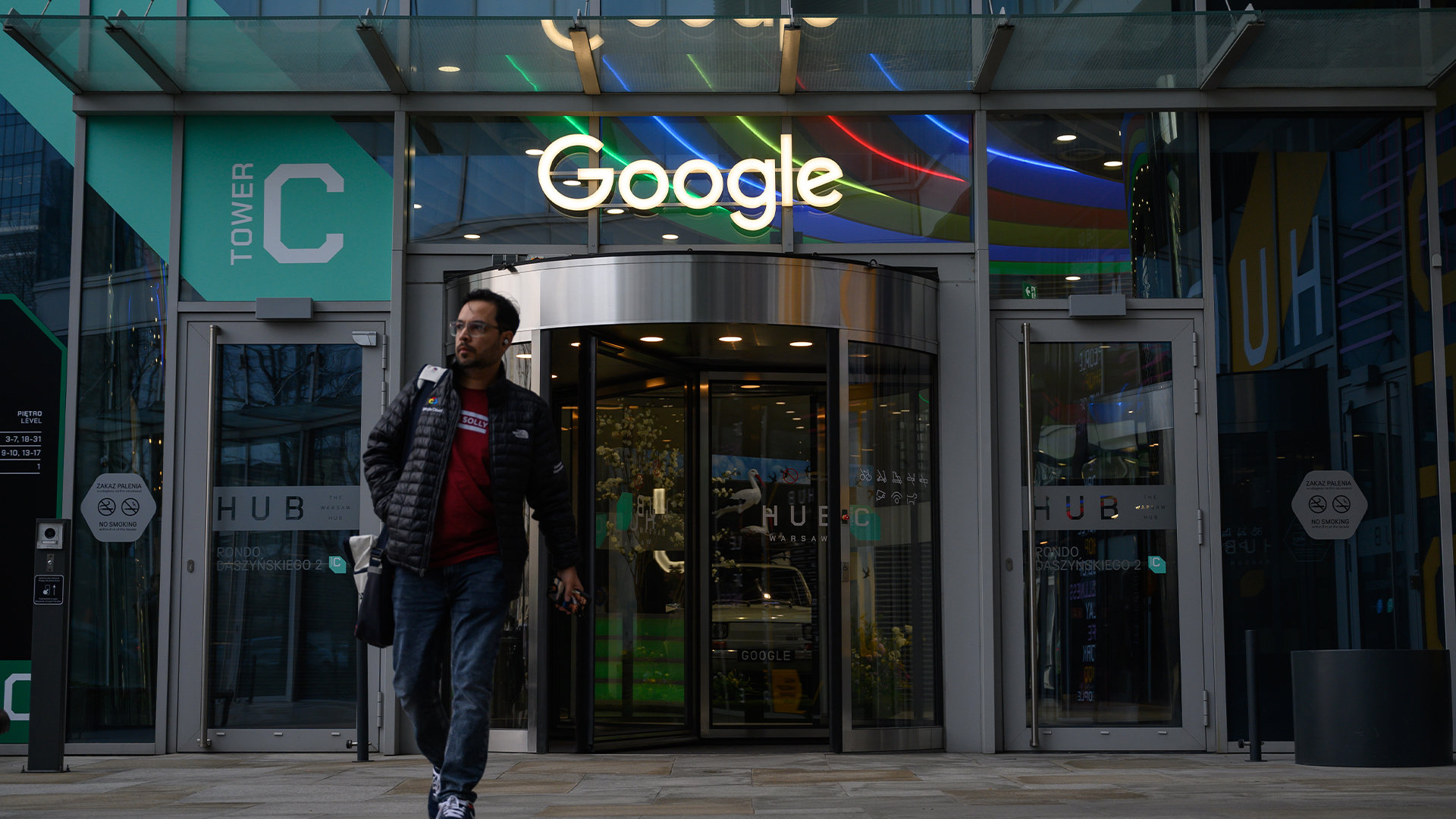US office space demand sinks below half of pre-pandemic pace
New demand has fallen the most in New York, Chicago, Boston, and Los Angeles, where office-using employment is relatively concentrated in the finance, insurance, and real estate sector


Sign up today and you will receive a free copy of our Future Focus 2025 report - the leading guidance on AI, cybersecurity and other IT challenges as per 700+ senior executives
You are now subscribed
Your newsletter sign-up was successful
New demand for office space in the US fell for the third consecutive month in August, sinking below half of its average pre-pandemic pace.
VTS, a commercial real estate technology platform, published its VTS Office Demand Index (VODI) analysis today, which found it had fallen 11.5%, from 52 in July to 46 in August, its lowest level since February 2021. A VODI of 50 or below indicates the flow of new tenants seeking office space is running at less than half of its pre-pandemic pace in 2018 and 2019, underlined the company.
Compared to the previous year, the national VODI declined 47.1%. However, it said this isn’t concerning in and of itself, as this reflects last year’s so-called post-vaccine wave of new office demand. In the wave, demand for office space that had been pent up during the pandemic resulted in a temporary burst of new demand in late spring and summer 2021.
All but one market analysed reported a decline in August, with New York City down 22.8%, Los Angeles down 14.1%, and Seattle down 13.7%. Boston, Chicago, and San Francisco saw modest declines.
RELATED RESOURCE

Organisations accelerating their digital workplace achieve improvements
See the biggest return on device investments
“A summer slowdown is typical for office demand, but what remains to be seen is if this downward trend will continue or if we’re simply settling into a new ‘post-pandemic normal’ for office demand levels,” said Nick Romito, CEO of VTS. “Economic concerns, particularly around inflation and rising interest rates, have created a cloud of uncertainty that’s hanging over the office leasing market. Until the economic outlook becomes more clear, some employers may continue to delay or approach the search for office space with caution.”
During the last three months, VTS found that new demand had fallen the most in New York City, Chicago, Boston, and Los Angeles, where office-using employment is relatively concentrated in the finance, insurance, and real estate sector. It said these industries are particularly sensitive to rising interest rates, which aligns with the decline in new office demand being sharper in those cities.
Another factor potentially furling the decline in these cities is the typical client size and adaptability to work from home, said VTS. The cities’ expected pool of new tenants tends to include many larger employers who may be adapting to new work-from-home realities slower than smaller, more nimble employers.
Sign up today and you will receive a free copy of our Future Focus 2025 report - the leading guidance on AI, cybersecurity and other IT challenges as per 700+ senior executives
Zach Marzouk is a former ITPro, CloudPro, and ChannelPro staff writer, covering topics like security, privacy, worker rights, and startups, primarily in the Asia Pacific and the US regions. Zach joined ITPro in 2017 where he was introduced to the world of B2B technology as a junior staff writer, before he returned to Argentina in 2018, working in communications and as a copywriter. In 2021, he made his way back to ITPro as a staff writer during the pandemic, before joining the world of freelance in 2022.
-
 Stop treating agentic AI projects like traditional software
Stop treating agentic AI projects like traditional softwareAnalysis Designing and building agents is one thing, but testing and governance is crucial to success
-
 PayPal appoints HP’s Enrique Lores in surprise CEO shake-up
PayPal appoints HP’s Enrique Lores in surprise CEO shake-upNews The veteran tech executive will lead the payments giant into its next growth phase amid mounting industry challenges
-
 IDC: The business value of IBM Maximo
IDC: The business value of IBM MaximoWhitepaper Integral to the transformation of asset management
-
 UK firms are pouring money into AI, but they won’t see a return on investment unless they address these key issues
UK firms are pouring money into AI, but they won’t see a return on investment unless they address these key issuesNews An SAP report projects increased AI investment, but cautions that too many organizations are taking a fragmented approach
-
 Microsoft could be preparing for a crackdown on remote work
Microsoft could be preparing for a crackdown on remote workNews The tech giant is the latest to implement stricter policies around hybrid working without requiring a full five days in the office
-
 Half of British companies want an end to hybrid working – but they’re playing with fire if they expect employees to comply
Half of British companies want an end to hybrid working – but they’re playing with fire if they expect employees to complyNews A survey by British Chambers of Commerce suggests approval of hybrid working depends on sector
-
 Intel makes high-level hires while factory workers are warned of layoffs
Intel makes high-level hires while factory workers are warned of layoffsNews The company is appointing four senior executives as part of efforts to refocus on engineering and customer relationships
-
 UiPath names Simon Pettit as new AVP for UK and Ireland
UiPath names Simon Pettit as new AVP for UK and IrelandNews The seasoned leader will spearhead region-specific transformation projects as UiPath looks to drive operational growth and customer engagement
-
 HSBC says get back to the office or risk bonuses – and history shows it’s a tactic that might backfire
HSBC says get back to the office or risk bonuses – and history shows it’s a tactic that might backfireNews HSBC is the latest in a string of financial services firms hoping to tempt workers back to the office.
-
 Google tells some remote workers to return to the office or risk losing jobs
Google tells some remote workers to return to the office or risk losing jobsNews Google has warned remote workers will need to return to the office or else lose their jobs, according to reports.
